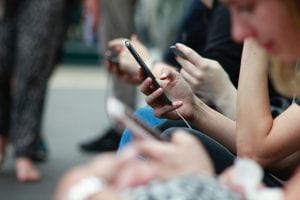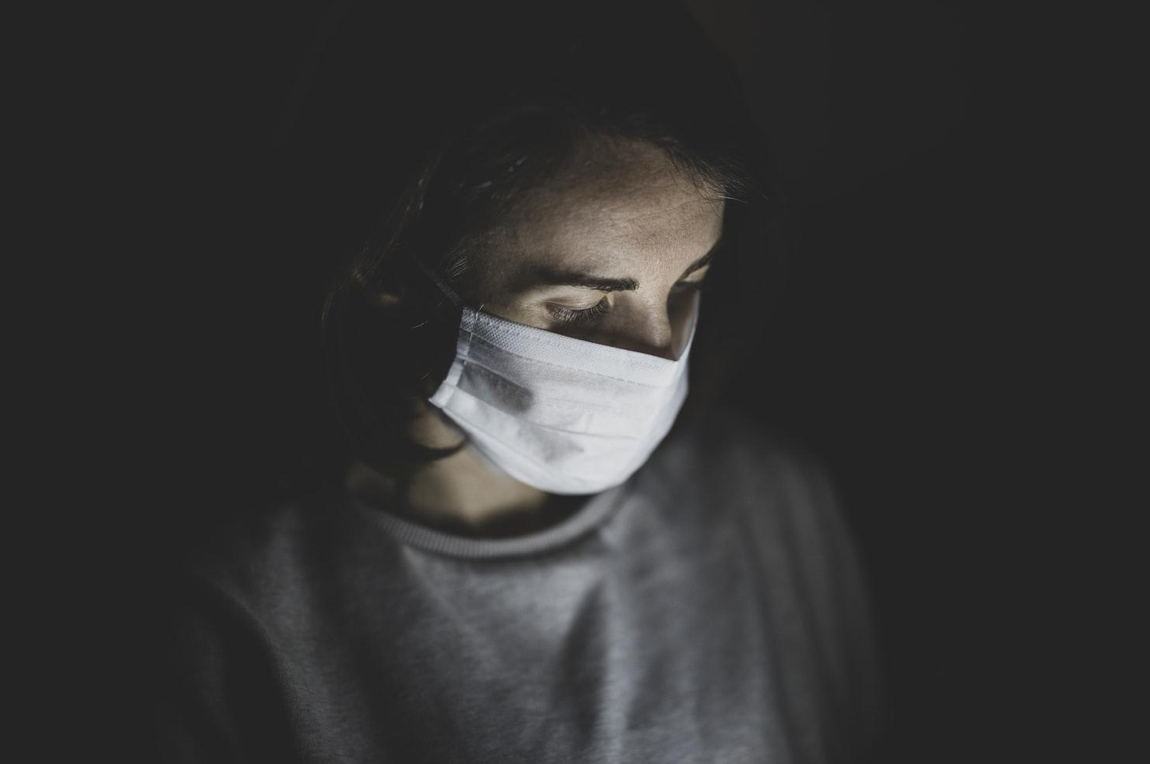Of the 25 apps examined, several demonstrated considerable privacy concerns.
In an effort to curb the spread of COVID-19, many nations across the world are turning to technology for assistance.
What are contact tracing apps?
Coronavirus tracking apps provide an effective and cheap solution to “pen and paper” contact tracing methods. Citizens download an app that traces their movements and registers any contact with other citizens who also have the technology on their phones. These smartphone apps work via location data, a joint effort Google and Apple API, or through Bluetooth.
The benefits of smart trackers
When a user comes into close contact with a known confirmed case, the individual is notified and advised to self-isolate. This information is also sent to public health authorities who can then ensure quarantine or self-isolation is effectively managed.
Without smart solutions such as these, the job of rigorous contact tracking falls to human tracers, who, when informed of a known confirmed case, then interview the individual in question to discover both casual and close contacts. Those interactions must also be interviewed and so on until all known contacts have been informed and advised.
An obvious benefit to technological solutions is that they largely eliminate the need for a vast network of human tracers, a knock-on benefit here is that the cost to the state is lowered, a factor that is arguably critical at a time when global and national economies are poised on the brink of recession.
Privacy concerns
While it may be a case of desperate times calling for desperate measures to many commentators, for others, coronavirus tracking apps represent a significant impingement on human rights and civil liberties. Experts on civil rights and citizens alike have expressed concerns around consistent tracking, notably in regard to the ongoing potential for mass surveillance and the normalization of the surveillance state.
ExpressVPN, a leading privacy software company, recently conducted a survey on Americans’ views on contact tracing apps. It found that of the 1,200 US-based adult respondents:
- 77 percent expressed concerns that contact tracing apps set a precedent for ongoing mass surveillance
- 76 percent indicated their belief that contact tracing apps violate privacy laws
- 59 percent of respondents were willing to use contact tracing apps in the interests of public health
Elsewhere, similar surveys show the same distrust in governments to effectively manage citizen data, concerns about transparency, and, in some cases, the inability to opt-out of being tracked.

While America’s contact tracing apps may still be in their nascent stages and governed at the state level, overseas it is a different story. In China, for example, authorities have used a WeChat extension to track people’s movements while in nearby Singapore, nationals have all been asked to use the government-approved app TraceTogether to halt community transmission.
Much concern focuses on how transparent tracking apps are. In some cases, information about the source code, how data is managed, and whether or not data is limited to a track and trace context, is unavailable. In an early attempt to track the trackers, the MIT Technology Review has published information on its Covid Tracing Tracker.
Of the 25 apps examined, several demonstrated considerable privacy concerns. Qatar’s Ehteraz app, for example, is not voluntary, lacks transparency, offers no limitations to data usage at this stage, and requires access to all photos on a user’s device. Likewise, very little information is known about China’s efforts to digitally contact trace and its solution meets none of the critical privacy criteria determined by MIT in conjunction with the American Civil Liberties Union.
Other countries fare better regards to data protection and transparency. Iceland’s Rakning C-19 and Israel’s HaMagen all received perfect scores. But it is still too early to tell how well exactly these apps live up to their promises and whether or not key citizen data will be managed properly.
Meanwhile, other countries have not released apps or have started the process, then stopped. In Norway, the government reversed the nationwide roll-out of its program, Smittestopp, after warnings from a privacy watchdog that the app significantly infringed on civil liberties and represented a serious threat to user privacy.
At this point, it remains to be seen how successful contact tracing apps will be in the United States. While several states have adopted technological solutions, others have apps in progress. Meanwhile, the legislation governing contact tracing apps and privacy is in its infancy.


Join the conversation!